I can proudly say that I have been in education for over thirty years. I was a classroom teacher for much of that time, but I also spent many years providing expanded learning opportunities as a private tutor in my community. At first, the big draw for acquiring my services was because I was a bilingual educator. In my local school district, there were large Spanish immersion and dual language programs. Many parents felt inadequate to support their children’s education as they did not speak Spanish, so they would ask me to spend an hour or two a week helping with homework.
These opportunities then led to summers working with children to maintain their Spanish skills while they were out of school. Word of my services spread, and I soon worked with Kindergarteners through sixth graders struggling with math, reading, and other academic issues in Spanish or English.
Fast forward to more recent times, and I was bombarded with calls to help children who were not thriving due to virtual learning situations. Parents wanted me to come to their homes and provide in-person instruction because online learning was not working for their children.
Extended Learning to Address Unfinished Learning
What I didn’t think about was that these experiences were a form of extended or expanded learning, a current hot topic in education. As concerns grow regarding unfinished learning, learning loss, achievement gaps, learning gaps, or whatever term you choose from the list, increased focus has been placed on how to get students back on track.
Expanded or extended learning time refers to “any educational program or strategy intended to increase the amount of time students are learning.” This can come in many forms, in addition to tutoring. These include lengthening the school year, week, or day; increasing instructional time during a school day, school break, or before and after-school programs; and online learning options. As I thought about this, I realized over my vast career, I have been involved in several of these scenarios.
Extended Learning by Lengthening the School Day, Week, or Year
For many years, I was a summer school instructor. In numerous states, summer school is offered for the most at-risk students. Of course, for teachers, it is an opportunity to supplement income. But for the students, it is a chance to add more instructional time to their school year. Many schools may also offer learning programs during winter sessions or other school breaks to maximize learning time during the school year for those who have fallen behind or struggle to meet expected learning standards within the regular school calendar year.
My other experience as a provider of extended learning was as a full-day Kindergarten teacher. I taught half-day Kindergarten for several years before moving to another part of the country where they provided a full-day program. I never considered this expanded learning at the time, but imagine how much more could be taught during a six-hour day versus a three-hour day. We now see many states or districts across the US expanding half-day Kindergarten to full-day or even making optional Kindergarten mandatory as a means of providing additional instructional time.
Expanded Learning by Increasing Instruction Time During Regular School Hours
Research says we need certain criteria for any expanded learning opportunity to make a difference. This includes factors such as high-quality instructors, small class sizes, a sufficient amount of time, and alignment with the curriculum. Research also shows the most effective programs occur during the school year and during the school day.
Some other best practices make expanded learning valuable. First, teachers in these programs need to be intentional. Any lesson, game, or activity they provide must be planned and purposeful. Getting to know students and differentiating for them as much as possible is key. For example, if a student adores horses, play vocabulary games or create writing activities around this area of interest. If a child is obsessed with Legos but doesn’t like to read, create written instructions to make secret Lego creations. By reading the written directions, the child reveals the creation without even realizing they were actually reading in the process.
Second, a teacher must continually assess where children are to plan where they need to go and discern how to get them there. Assessment is often informal, but even by just observing and listening, the teacher can gather the necessary information to ensure instruction will be effective. If a young learner struggles with identifying alphabet letters, play games using the child’s name. This will hold a unique meaning for them. Once consistent mastery of the letters in their first name is evident, introduce activities using the letters in their last name.
Third, make learning fun. No matter the age level of the students, look for activities that make the content engaging, hands-on, and meaningful. Incorporate movement to get children actively involved. This could be done by hopping syllables in a word or tossing a bean bag to brainstorm antonyms. Children will not only learn the necessary concepts and skills but will have a pleasant, memorable time doing it.
Be Intentional
As we look for ways to fill gaps for students and make up for lost time, we see there are many options to offer students who need extra learning time. However, we must heed the research about what works best to maximize these opportunities. Finally, let us not forget to be intentional, use our assessment information wisely, and make learning enjoyable if we want extended learning to be a worthwhile endeavor.
Jennifer Fernandez
Jennifer has over 30 years of experience in education. She has degrees in Elementary Education, Spanish, and Bilingual Education and holds teaching licenses in Texas and Minnesota. She has taught PreK-2nd grade in general and bilingual settings, served as a professional learning specialist for seven years, and currently presents at state and national conferences.
Read more by Jennifer Fernandez–>

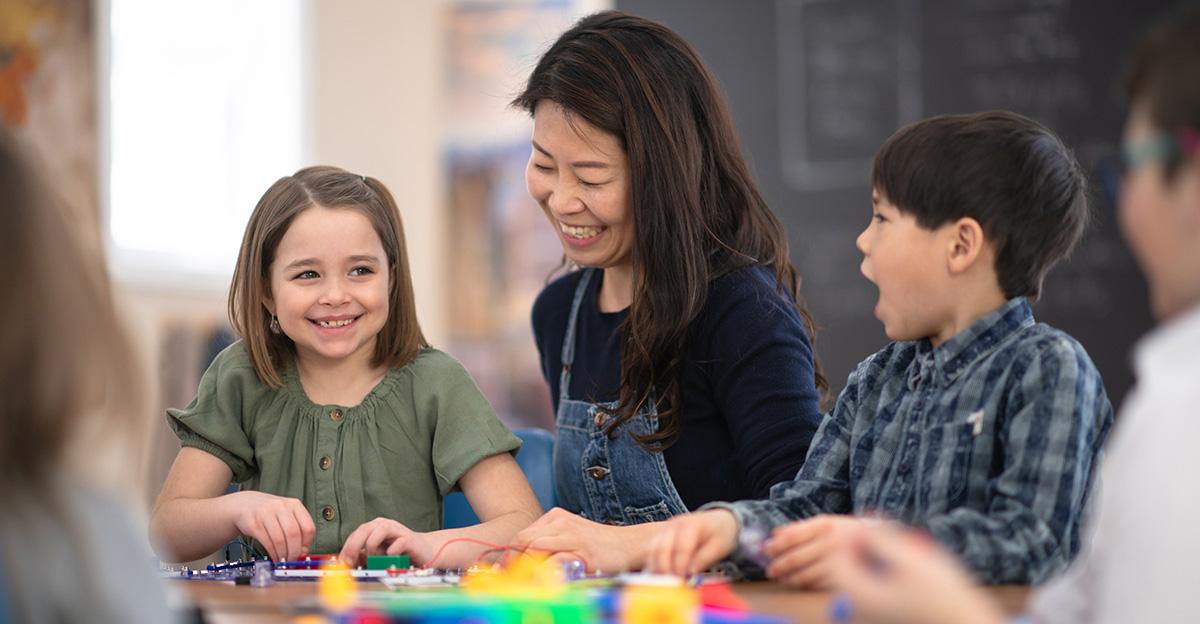
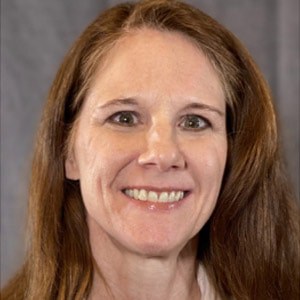
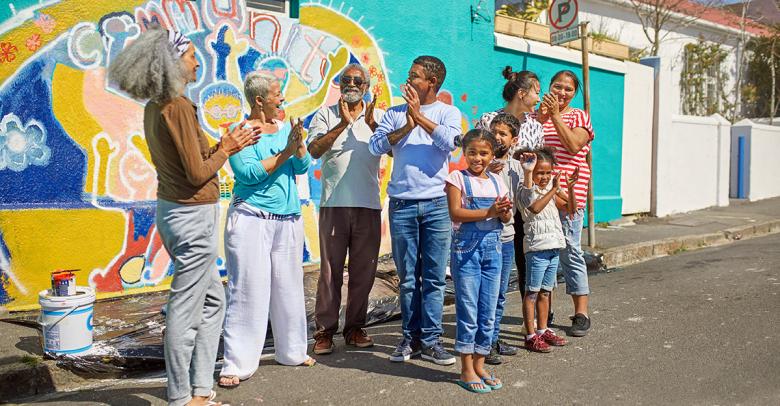
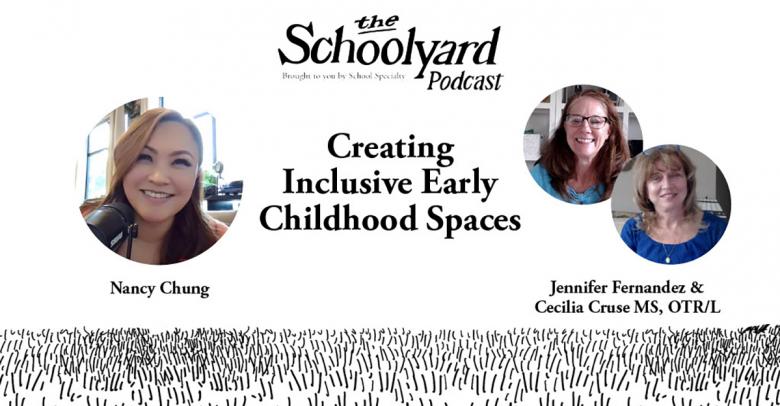
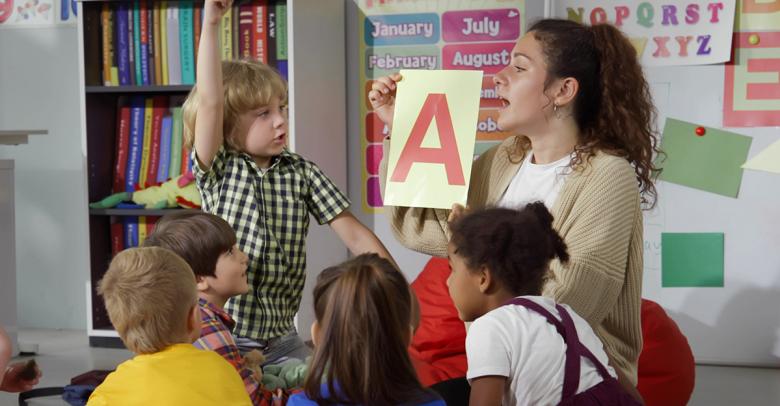

Leave a Reply